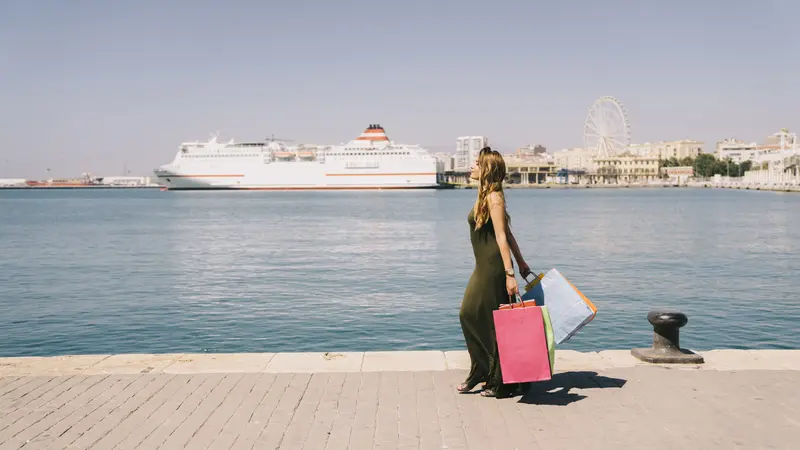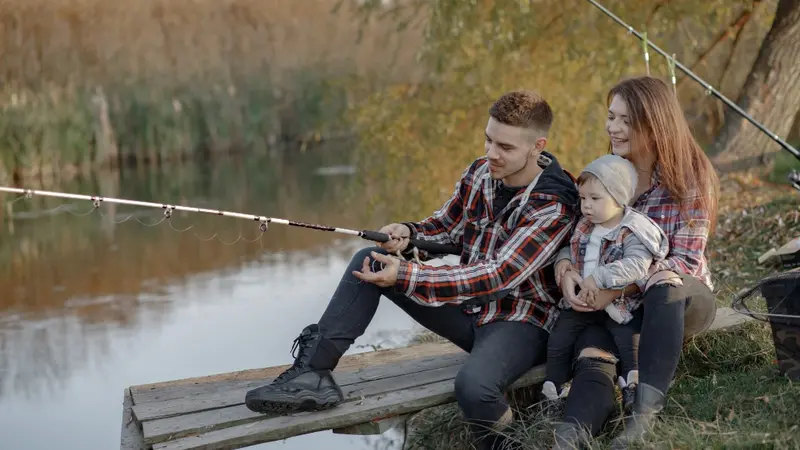The cruise industry reflects a unique combination of leisure, exploration, and global tourism. Millions of travelers embark on ocean voyages every year, eager to discover new destinations and enjoy floating resorts at sea. When Norwegian Cancels Cruises, the effect resonates far beyond a single ship or itinerary. The decision alters passenger experiences and influences broader travel dynamics.
A cruise journey is not only a vacation. It represents anticipation, carefully planned schedules, and a promise of exploration. When cancellations occur, those expectations collapse. For passengers, the disruption generates stress and disappointment. For the cruise line, it requires immediate action in communication, service recovery, and strategy adjustment.
Why Cruise Line Cancellations Resonate Globally
Cruise cancellations extend beyond the boundaries of a single vessel. Each sailing connects thousands of travelers, flights, and hotel reservations. The moment itineraries vanish, airlines experience booking changes, hotels lose expected guests, and travel agents respond to endless questions. The chain of impact spreads rapidly across the entire travel ecosystem.
For destinations, the loss is profound. Port cities design seasonal strategies around incoming ships. Local restaurants, tour operators, and artisans rely on passengers for economic survival. The absence of visitors translates into reduced revenue and lost cultural exchange. When Norwegian Cancels Cruises, the ripple effect reaches far beyond the company itself, touching communities worldwide.
Factors Behind Cruise Cancellations
Cruise cancellations do not emerge without reason. Multiple factors drive such decisions, and each reflects the fragile balance between safety, logistics, and economics. Weather remains a dominant factor. Ocean conditions can change rapidly, and storms often force cruise lines to alter or cancel routes. Safety of passengers always remains the top priority.
Operational challenges also contribute. Mechanical issues, staffing shortages, or supply disruptions may affect a vessel’s readiness. Health concerns can also lead to cancellations, especially when global outbreaks demand strict measures. Financial considerations, including fluctuating fuel costs and demand changes, add another layer of complexity. Each decision reflects a calculated balance between risk and responsibility.
Impact on Travelers
When Norwegian Cancels Cruises, passengers face the immediate challenge of disrupted plans. Many travelers spend months preparing for their voyage. They coordinate flights, pre-cruise hotels, and shore excursions. A cancellation creates confusion and often leads to financial adjustments.
Cruise lines typically offer refunds or credits, yet the emotional disappointment remains significant. Families, honeymooners, and groups of friends lose not only money but also anticipated memories. The personal impact is often as heavy as the financial loss. For loyal customers, the experience tests trust in the brand.
Industry Response and Reputation Management
For cruise companies, handling cancellations requires more than refunds. Reputation depends on transparent communication and proactive support. Norwegian Cruise Line must address concerns quickly, provide clear alternatives, and offer assistance with rebooking. Customer service plays a crucial role in maintaining traveler confidence.
When handled effectively, a cancellation can become an opportunity to build loyalty. Passengers who feel supported are more likely to sail again. Clear policies, consistent updates, and gestures of goodwill help strengthen relationships. The ability of a cruise line to respond professionally often defines long-term success.
Broader Effects on the Travel Economy
Cruise cancellations influence more than individual customers. They shape trends across the entire travel economy. Airlines adjust schedules when cruise-related bookings disappear. Hotels near ports lose expected overnight stays. Travel agencies must re-plan vacations for multiple clients simultaneously.
The effect also reaches global supply chains. Cruise ships depend on food, beverages, and equipment sourced from various markets. When voyages stop, suppliers face sudden drops in demand. This interconnected network demonstrates how one decision can ripple through the international economy.

Norwegian Cancels Cruises and Market Adaptation
The phrase Norwegian Cancels Cruises has become a point of discussion in travel media. Each cancellation generates attention from news outlets, travel blogs, and passenger forums. These conversations shape perception of the company and influence booking trends.
Competitors observe closely. Cancellations open opportunities for other cruise lines to capture market share. Travelers disappointed by one brand may choose alternatives in future bookings. The cruise market remains highly competitive, and adaptability defines resilience.
Communication in Times of Change
In modern travel, communication determines success. Passengers expect timely updates, clear explanations, and direct guidance. When cancellations occur, social media platforms spread information instantly. A delayed or unclear response can damage brand reputation quickly.
Norwegian Cruise Line faces the challenge of maintaining trust in a fast-moving digital environment. Professional messaging, detailed FAQs, and accessible helplines help reduce passenger frustration. The quality of communication during crisis situations often defines the strength of the brand.
Preparing for the Future of Travel
The cruise industry continuously evolves. When Norwegian Cancels Cruises, the moment becomes an opportunity for learning. Companies reassess risk management, improve communication strategies, and enhance passenger policies. Flexibility and resilience stand as vital tools for survival in a shifting world.
Travelers also adapt. Many now purchase insurance, choose flexible bookings, and remain cautious about long-term plans. This behavior reflects a new understanding of uncertainty in global travel. Cruise cancellations, once seen as rare, now represent a realistic part of planning.
Balancing Growth and Responsibility
The cruise sector continues to pursue growth through new ships, innovative itineraries, and expanded global routes. Growth demands responsibility. Safety, sustainability, and transparency remain central to maintaining traveler trust. Every cancellation becomes a reminder of the balance between ambition and accountability.
Norwegian Cruise Line, along with its competitors, must embrace this balance to remain strong. Each canceled voyage becomes a case study for improvement. The industry as a whole benefits from the lessons learned in these moments.
Final Thoughts
When Norwegian Cancels Cruises, the impact extends across passengers, destinations, and the global travel economy. The decision reshapes schedules, challenges expectations, and influences perceptions of the industry. Within disruption lies opportunity. Cruise lines refine operations, enhance communication, and strengthen resilience.
For travelers, cancellations bring frustration but also lessons in flexibility. For the industry, they mark turning points in strategy. The cruise sector will continue to sail forward, shaped by experience, guided by responsibility, and inspired by the timeless human desire to explore. If you need more information GLOBAL TRAVEL MAGAZINE to Visit.
Frequently Asked Questions
Q1. Why does Norwegian Cancels Cruises?
Ans: Norwegian Cancels Cruises when weather conditions, operational issues, or health concerns make sailing unsafe. The decision always prioritizes passenger safety and travel regulations.
Q2. What happens when Norwegian Cancels Cruises?
Ans: When Norwegian Cancels Cruises, passengers receive updates about refunds, credits, or rebooking options. The cruise line communicates official details directly to affected travelers.
Q3. How often does Norwegian Cancels Cruises?
Ans: Norwegian Cancels Cruises only when required by safety or operational circumstances. The cruise line aims to minimize disruptions but adapts when conditions demand change.
Q4. Do passengers get refunds if Norwegian Cancels Cruises?
Ans: Yes, passengers are offered refunds, credits, or future booking options when Norwegian Cancels Cruises. Policies depend on the nature of the cancellation.
Q5. How do destinations react when Norwegian Cancels Cruises?
Ans: When Norwegian Cancels Cruises, port cities and local businesses experience a loss of visitors. Restaurants, guides, and cultural sites lose significant seasonal revenue.
Q6. Does insurance help when Norwegian Cancels Cruises?
Ans: Travel insurance can help cover costs when Norwegian Cancels Cruises. It supports passengers with compensation for flights, hotels, and related arrangements.
Q7. How should travelers prepare if Norwegian Cancels Cruises?
Ans: Travelers can prepare by booking flexible flights, securing travel insurance, and staying updated through official Norwegian Cruise Line announcements.



